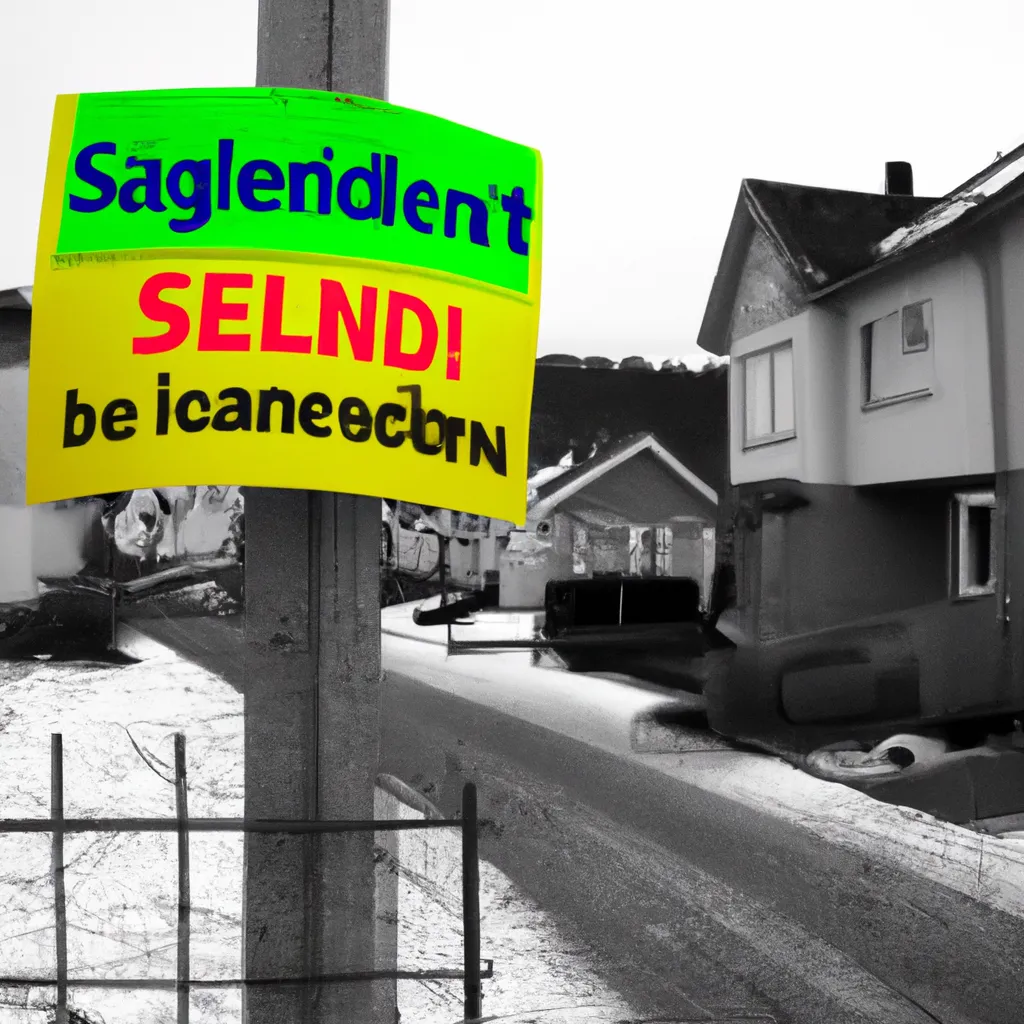Europe's housing crisis: is Portugal an exception?

The real estate market crisis has already affected Sweden and alerted the European space. The continent's big countries are already seeing real estate prices fall, while Portugal, moved by foreign investors, is still lagging behind the trend.
The prices of real estate in Sweden have been falling since the second half of last year, and the crisis in the real estate market in this country is starting to scare the rest of Europe. Real estate companies, which control a large share of the country's properties, are facing defaults and debt pressure, and at a time when prices and sales volumes are already falling in many countries, the situation appears to be at its worst.
The current situation in the Swedish market is partly due to rising interest rates, which have been historically low in recent years and have encouraged real estate purchases. Prices rose from 2009 to 2021, with an overall increase of almost 70% over that period, according to Público. In 2022, monetary policy was changed due to rising inflation, resulting in higher interest rates and more expensive lending. In Sweden, the impact has been greatest: 60% of Swedish households have variable mortgages, according to the latest Eurostat data for 2022, leaving them vulnerable to rising interest rates. Real estate prices have been consistently declining, down more than 15% since peaking in 2022. An example of the seriousness of the situation is SBB, a huge real estate company, which has announced significant losses and deferred dividends. The industry's big companies will face having to repay billions of euros of debt next year, according to the latest estimates by Bloomberg.
Some European countries, such as Denmark, Germany, Luxembourg, the Netherlands and Finland, are already seeing a drop in real estate prices: the number of residential property sales in Denmark, for example, has fallen by more than 30%. In Finland and the Netherlands it is 16% and 15% respectively, and in Luxembourg it is 16%. Differences in lending patterns and debt levels between European countries will determine their vulnerability.
Portugal carries the opposite trend and is one of the few exceptions in Europe where real estate prices continue to rise. However, due to changes in global monetary policy, Portugal could also face similar challenges as other European countries if interest rates continue to rise. Such a scenario could have negative implications for the Portuguese real estate market, given that a significant portion of mortgages in Portugal are variable rate. Higher interest rates will increase monthly payments for many owners, which can lead to defaults and pressure on property prices. Right now, the real estate market in Portugal is still benefiting from continued demand from foreign investors, thanks in large part to tax incentives and residency programs such as the Golden Visa. However, it should be remembered that such foreign investment flows can be volatile and subject to world events or domestic policy changes. Another problem is the high level of indebtedness of Portuguese households. In a rising interest rate environment, households with high levels of debt will naturally face financial hardship, which could have a "cascading effect" on the wider economy, from the banking sector to consumption. The real estate market is historically cyclical, and although Portugal has stood out in recent years as an exception to the European trend with rising house prices, informed investors, regulators and policy decisions must be prepared for possible future challenges.
ZAP //
Comment
Popular Posts
Popular Offers




Subscribe to the newsletter from Hatamatata.com!
Subscribe to the newsletter from Hatamatata.com!
I agree to the processing of personal data and confidentiality rules of Hatamatata











